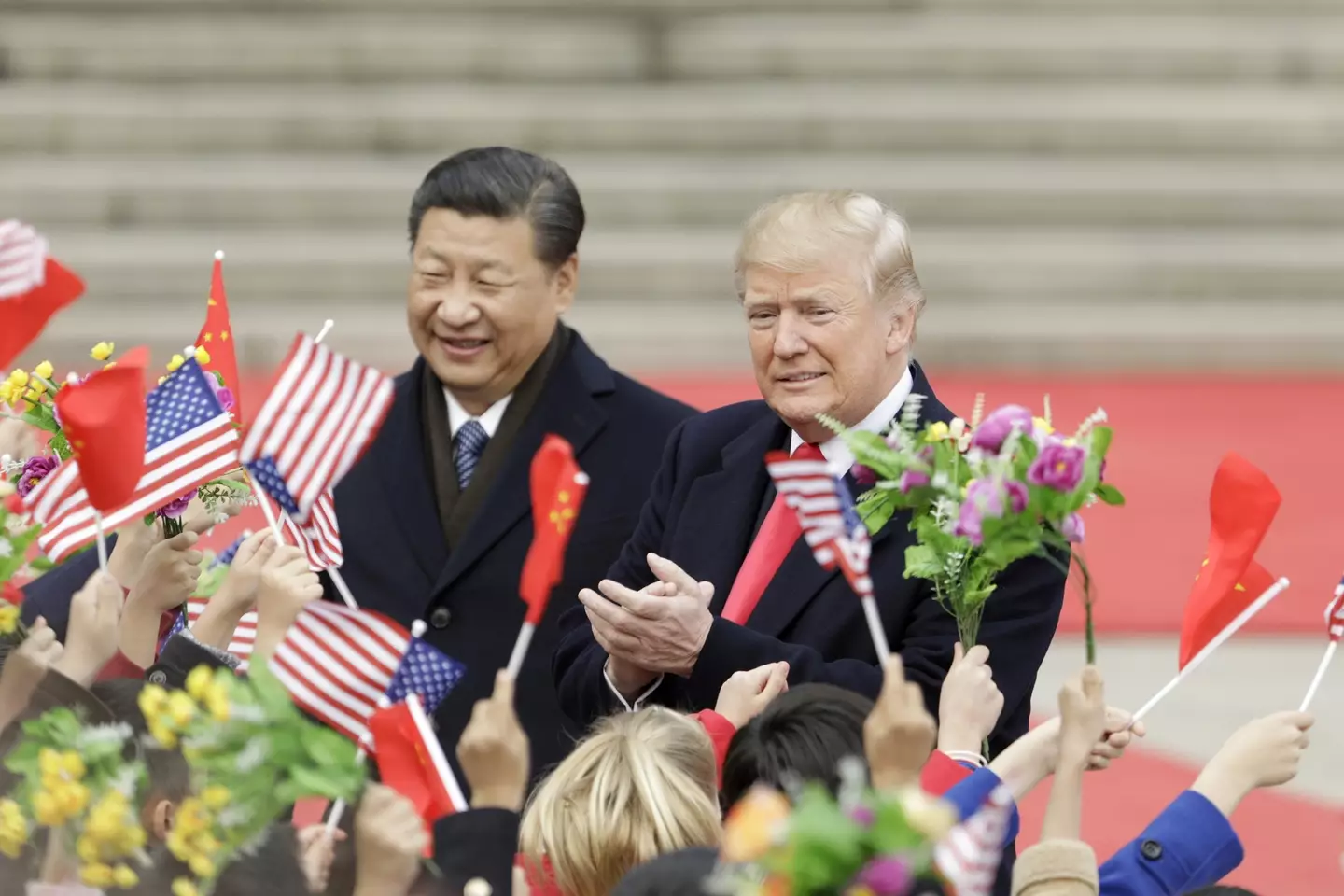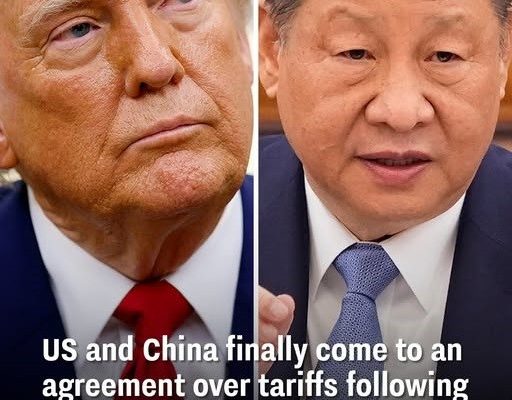The agreement is set to come into place from May 14
US Treasury Scott Bessent has announced ‘an agreement’ between the US and China.
Since Donald Trump announced April 2 as ‘Liberation Day’ for the US, unleashing tariffs on countries across the globe, the US and China have ended up in a brutal game of tariff table tennis.
China ended up the worst hit by the POTUS’ tariffs – tariffs reaching as high as 145 percent on some items.
However, despite Trump’s warnings, the country hit back, unveiling its own counter-tariffs as high as 125 percent.
Over a month later, after negotiating with China in Geneva, Bessent revealed during a press conference that the US and China have at least agreed to a ’90-day pause’ to tariffs.
Whether this will mark an end to the trade war altogether, we’ll have to wait and see, but Bessent revealed both sides have also agreed to slash tariffs too.
He said: “[Both sides have also agreed to] substantially move down the tariff level. Both sides on the reciprocal tariffs will move their tariffs down 115 percent.”
China was charged as high as 125 percent on some US goods, and the US charged 145 percent on some Chinese imports.
The rates are subsequently set to fall to 10 percent and 30 percent for the 90-day period ahead. However, the US’ measures were placed on China in a bid to tackle the illegal trade in fentanyl reportedly remain.
US trade representative Jamieson Greer noted: “Both the Chinese and United States agreed to work constructively together on fentanyl and there’s a positive path forward there as well.”
The pause is reported as beginning on May 14, with both countries set to ‘establish a mechanism to continue discussions about economic and trade relation,’ as per a joint statement on the deal quoted by the BBC.
 .
.It follows Chinese Vice Premier He Lifeng reflecting on discussions as being ‘constructive,’ state news agency Xinhua reports.
China’s ministry of commerce said in a statement, as quoted by the Financial Times: “We believe that continued consultations will help resolve issues of concern to both sides in the economic and trade fields.”
Bessant added during the press briefing this morning: “We want more balanced trade, and I think both sides are committed to achieving that. Neither side wants a decoupling.”
Beijing’s ministry of commerce added: “[China and the US have agreed to] continue to advance related work in a spirit of mutual openness, continuous communication, co-operation and mutual respect.”



